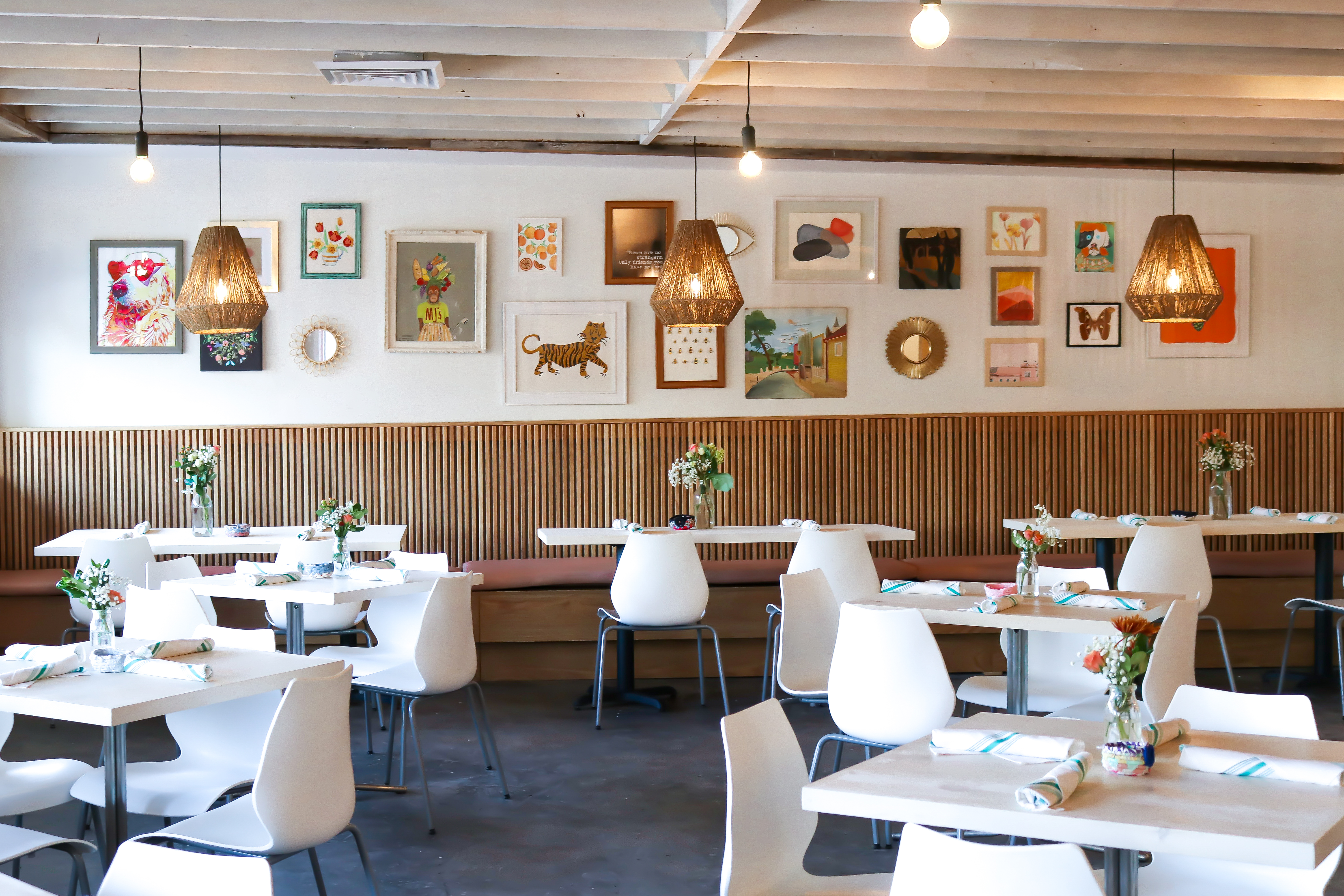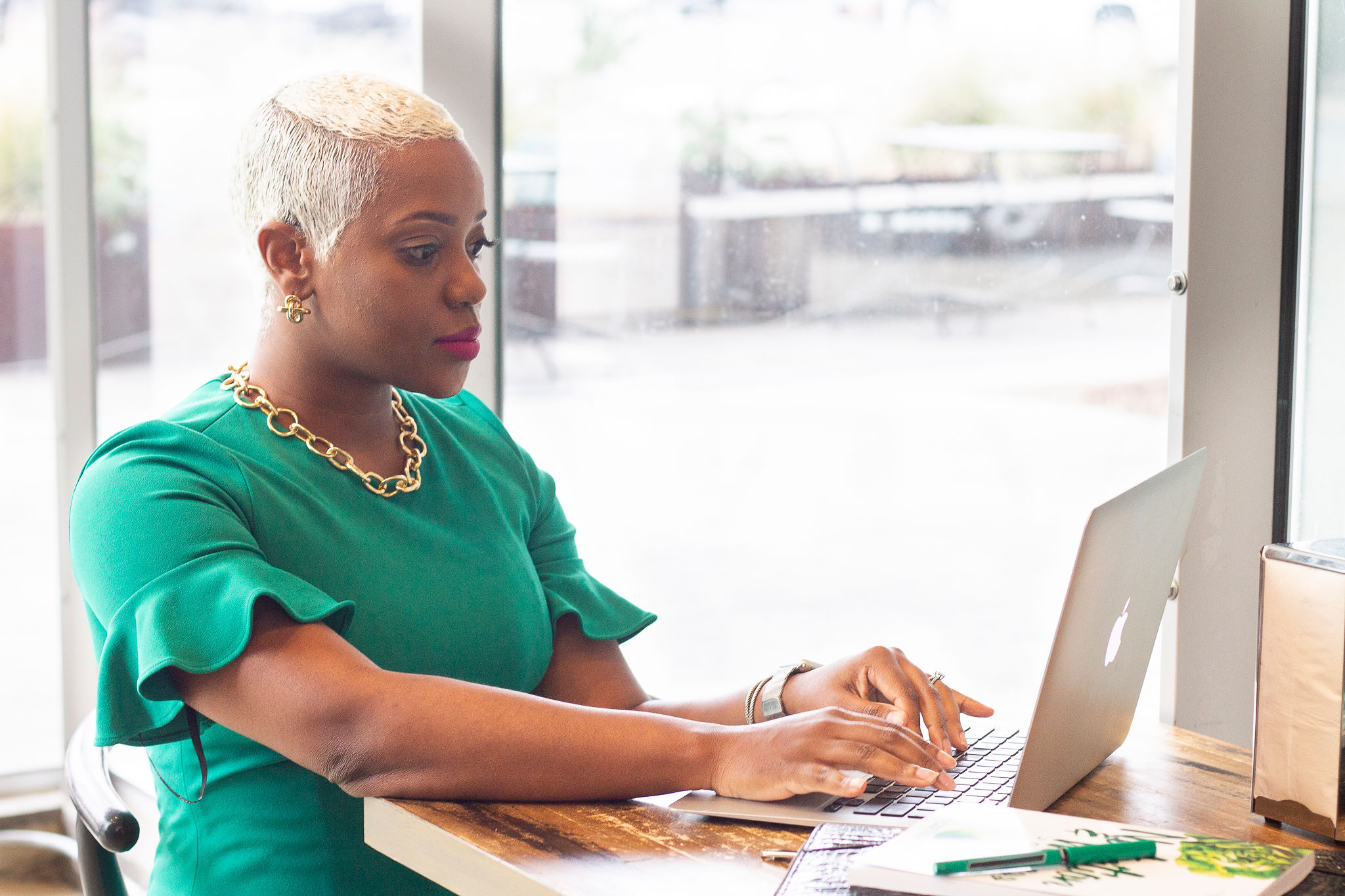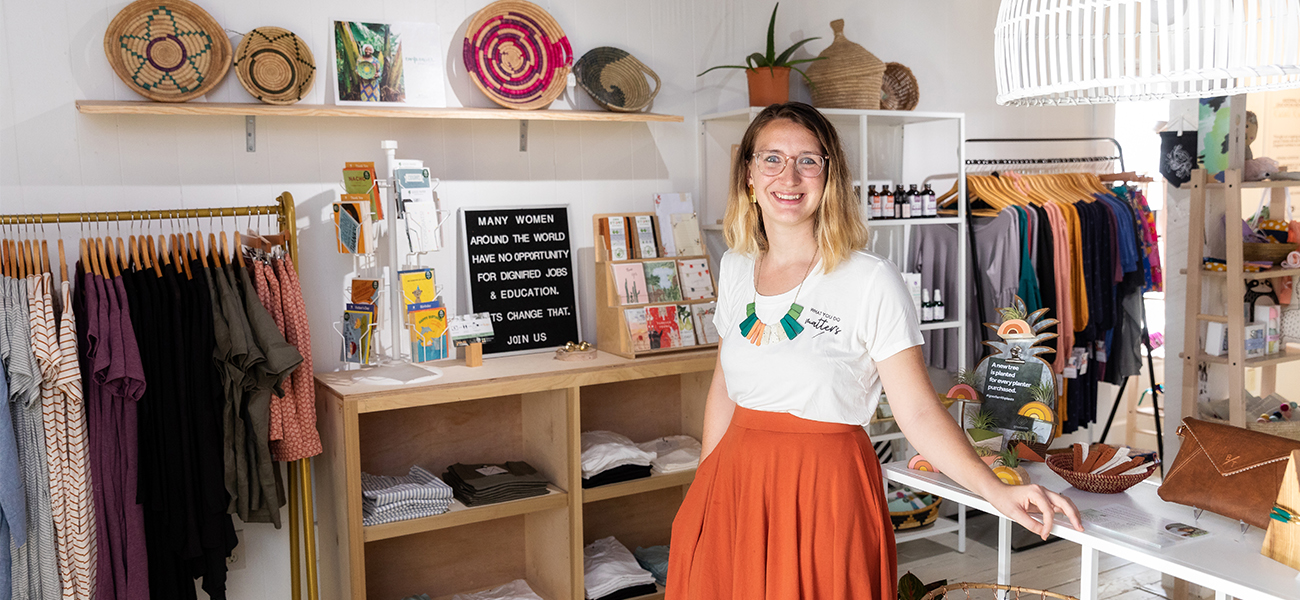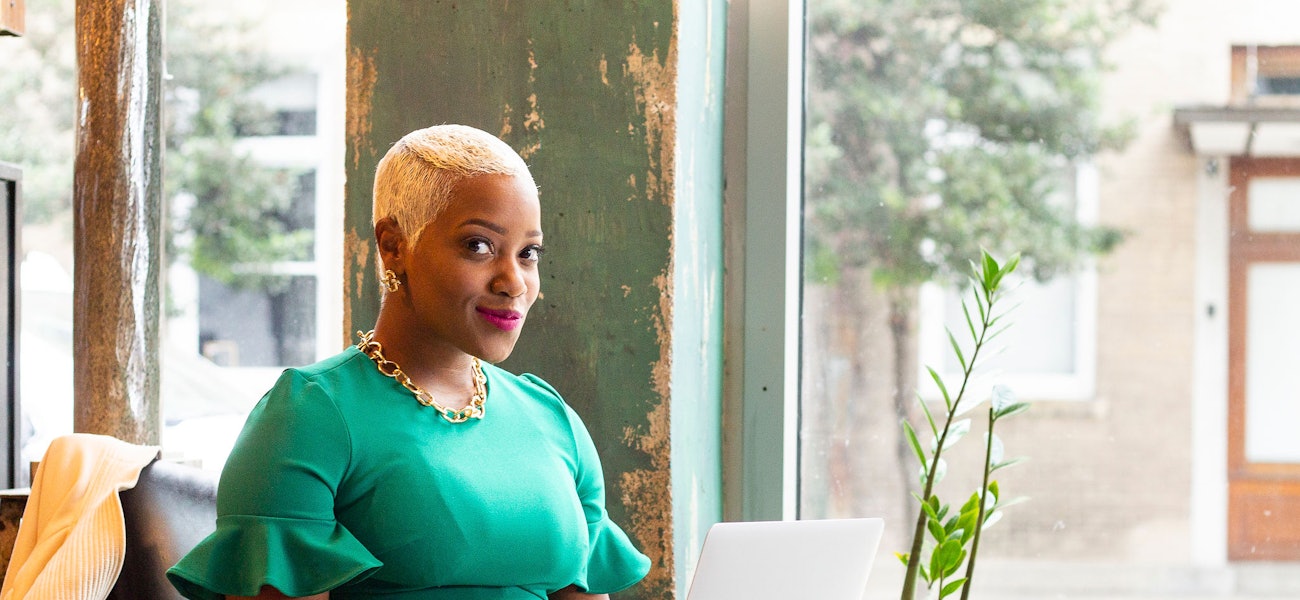Have local women-owned businesses been hit harder by the pandemic?
Baton Rouge female business owners weigh in
It’s been well documented that the pandemic has hit female workers and women-owned businesses hard. Women have lost nearly 6 million jobs since last February, according to an analysis of Bureau of Labor Statistics data from the National Women’s Law Center.
A Facebook survey last year showed that the smaller a business, the more it struggled, and that women-owned businesses suffered disproportionately more than their counterparts. These businesses were more likely to be considered “nonessential” and were thus hit harder by lockdowns, and women were also more likely to take on increased domestic responsibilities.
To find out how small businesses fared in Baton Rouge during the pandemic, 225 Daily spoke to a few female owners from around the city.
MJ’s Cafe, the plant-based restaurant on Government Street, has survived through ups and downs. Owner Mary Brennan Faucheux says she thinks two factors have contributed to the restaurant’s struggles over the past year.
“One: We didn’t have outdoor dining,” Faucheux says. “And two: Our [health-focused] food and what we do attracts individuals more concerned [about COVID-19]. They’re concerned about their health and want to eat healthy. There’s a lot of people who are still—and rightfully so—not wanting to go dine out someplace.”

MJ’s opened in its new space on Government Street mere months before the stay-at-home order began in March. A year into the pandemic, MJ’s is still making changes with hopes of improving its business model and longterm outlook. The restaurant is in the process of adding an expansive outdoor space. Indoors, it’s continuing sanitizing practices and keeping lots of room between tables to make customers comfortable.
“I think I’m in the same realm of so many restaurants that are just trying to keep their doors open, trying to pay their employees and trying to pay their bills,” Faucheux says.
On the flip side, The Maxine Firm, a nutrition, health and wellness firm that aims to prevent chronic disease in urban and rural communities, has thrived during COVID-19, says its principal, Ellen McKnight.

While the firm hosts regular seminars and symposiums, it had frontloaded many of its programs and completed them early in 2020, McKnight says. The rest of the programs were quickly converted into virtual presentations.
As a health and wellness firm, its business values were more relevant than ever, too. Its team was still able to work with corporate clients and complete projects and programs with partners like Blue Cross Blue Shield, YWCA USA and the mayor’s office.
“The pandemic put health at the forefront of people’s minds,” McKnight says. “It literally stopped the globe, and people who weren’t listening before, listened now.”
Small business owner Rebecca Gardner of The Hope Shop says finding a good rhythm for her shop was hard at first, but she and her team have gotten the hang of it now.
Prior to the pandemic, most of the funding for its parent nonprofit, Hands Producing Hope, were raised through shopping events and pop-ups. When events stopped, it got challenging. The opening of Gardner’s retail store ended up getting pushed back month after month, too. It ended up opening in June, shortly after the state’s stay-at-home restrictions were relaxed.
“That was scary,” Gardner says, “not knowing when we would be able to have that income coming in—or not knowing how the community would receive the shop during a pandemic. But in the end, we had the best year we ever had.”

Once The Hope Shop opened last summer, Gardner says the shop saw an influx of people who were so eager to buy local or put their money toward a greater good. In addition to being a Baton Rouge-born company, The Hope Shop stocks products from local brands and seeks products that are fair trade and sustainable.
Other businesses weren’t so lucky.
Poise N’ Ivy, the longtime women’s clothing and accessories retailer, closed in December due to the pandemic. The shop had been open for 55 years, and was run by owner Jamie Tarwater’s mother, Pearl Faser, until she died in July.
“We suffered pretty greatly,” Tarwater says. “We closed in spring for two months. When we opened back up, people still weren’t really going anywhere. I have a mostly older clientele and don’t have a website. When we opened back up, the business just wasn’t there.”
As for 2021, things may be looking up. The same Facebook survey reported that overall, business owners had a more positive outlook by last fall than they had in the spring. Many owners still want more assistance from the government, including help with childcare. In a series of virtual meetings today, nearly 50 Louisiana small business owners will be among those presenting their representatives in Washington, D.C., with a new policy agenda pushing for additional COVID-19 relief for small businesses.
As the pandemic continues its uncertain course, one thing has remained true for all business owners: They’ve had to learn how to modify and alter their operations for survival—and have been so grateful for those supporting them.
“From my experience, people were very on board with wanting to spend their money more intentionally,” Gardner says. “I feel like I normally have to convince people that that’s a valuable thing to do. But it seems like this year, it was more a universal thing. People understood how much small businesses were struggling.”

[Sponsored] Add these to your gym playlist

Enjoy the cool weather with a visit to Hilltop Arboretum’s Cajun Prairie

